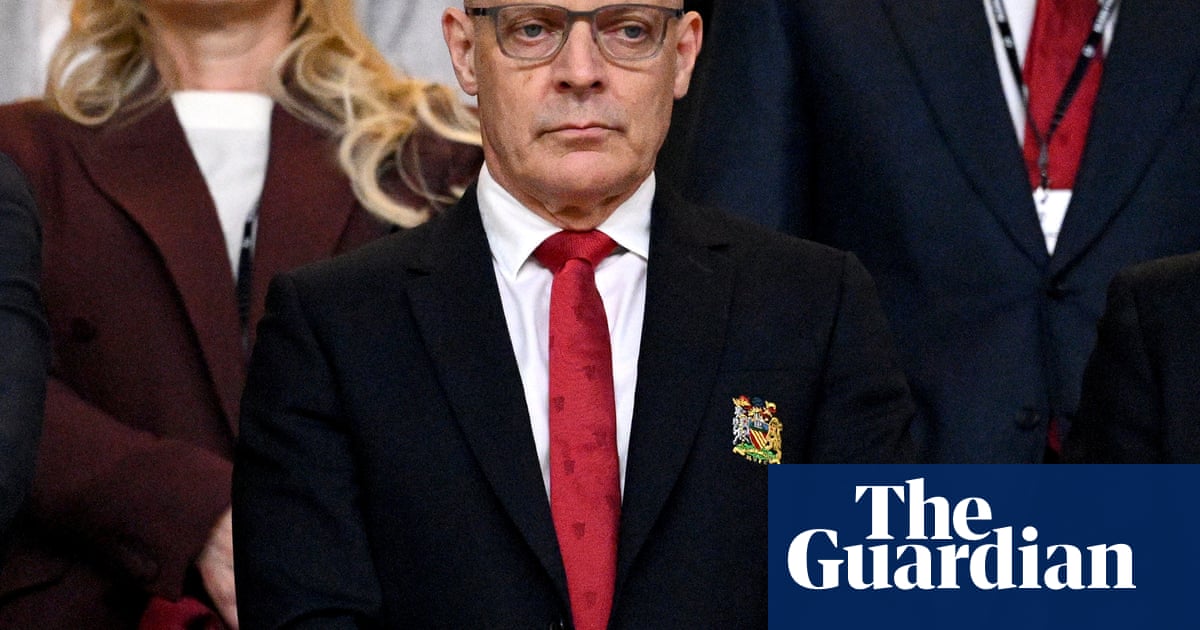The recent news regarding Sir Dave Brailsford stepping back from Manchester United underlines significant shifts in the club's management and ownership dynamics. His transition back to Ineos comes after a disappointing season for United, which raises questions about the effectiveness of the changes implemented during his tenure at Old Trafford.
Implications of Brailsford's Departure
Brailsford's involvement at Manchester United was marked by high expectations, especially following Sir Jim Ratcliffe's acquisition of a minority stake in the club. Despite the considerable investments made, including a £50m redevelopment of the Carrington training ground, the club's failure to perform in the Premier League and European competitions highlights the challenges faced in transforming the team's fortunes. The decision to revert Brailsford to his previous role at Ineos suggests a reassessment of strategies within United's management.
Public Perception and Media Narrative
The portrayal of Brailsford's move may be intended to convey a sense of accountability and change within Manchester United. By emphasizing the club's poor performance as a catalyst for this shift, the narrative could be aimed at reassuring fans and stakeholders that proactive measures are being taken. However, this also creates a perception of instability within the club, potentially raising concerns among supporters about the future direction and leadership.
Hidden Agendas and Broader Context
While the news focuses on Brailsford's return to Ineos, it may also serve to divert attention from ongoing issues within Manchester United, such as management effectiveness and player performance. The timing of this announcement coincides with significant developments in the club, which might indicate an effort to manage public relations while addressing internal challenges.
Trustworthiness of the Article
The information presented appears credible, with specific details regarding Brailsford's role and the club's performance being substantiated by recent events. However, the framing of the narrative could be interpreted as somewhat manipulative, as it emphasizes the need for change while potentially downplaying deeper systemic issues within the club's operations.
Community Response and Stakeholder Impact
This news is likely to resonate with Manchester United fans who are seeking accountability and improvement. It may also affect stakeholders within the sports and investment communities, as they analyze the implications of leadership changes on the club's financial health and competitive prospects.
Market Reactions and Financial Considerations
Investors and analysts may closely monitor Manchester United's stock in light of this management shake-up. The uncertainty surrounding the club's direction could influence stock performance, particularly if further changes or poor results impact fan engagement and revenue streams.
Global Power Dynamics and Relevance
While this news is primarily focused on the sports sector, it reflects broader themes of leadership in high-profile organizations. The challenges faced by Manchester United resonate with discussions on governance and management efficacy in various industries.
Artificial Intelligence in Reporting
There is no explicit indication that AI was used in crafting this article. However, AI models may influence how news is framed and presented in general, potentially steering narratives to highlight certain aspects over others.
In conclusion, while the report on Brailsford's transition can be seen as a step towards accountability for Manchester United, it also underscores underlying issues that the club must address moving forward. The news is credible, yet it is essential to consider the broader implications and potential biases in how the information is presented.
